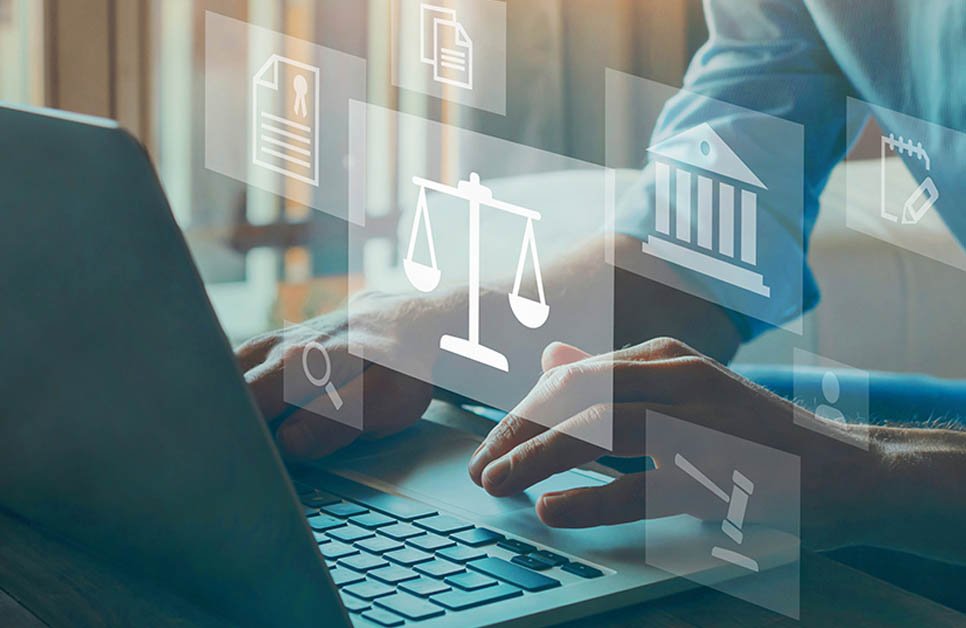In today’s hyper-connected world, where digital expansion is rapid and relentless, cybersecurity has become a concern of paramount importance. We often think of cybersecurity as a domain exclusive to IT professionals. However, another group of professionals play a pivotal role in the defense against cyber threats: lawyers. This article will delve into the crucial and sometimes underappreciated role that lawyers play in cyber defense.
1. Bridging the Gap Between Law and Technology
Lawyers, especially those specializing in cybersecurity and data protection, act as a bridge between the often complex technical world of cybersecurity and the regulatory landscape. They interpret and apply ever-evolving regulations and standards to ensure that businesses are compliant, minimizing legal repercussions.
2. Advising on Data Breach Protocols
When a data breach occurs, companies aren’t just faced with technical challenges. There’s a legal maze to navigate. An Orlando criminal defense lawyer, for instance, can help businesses understand the legal implications of a breach, from reporting obligations to potential liabilities. Their expertise ensures that companies handle breaches in a way that minimizes both legal risks and public relations disasters.
3. Crafting Comprehensive Contracts
As businesses increasingly rely on third-party vendors for various services, there’s a need to ensure that these vendors also adhere to stringent cybersecurity standards. Lawyers play a pivotal role in drafting and reviewing contracts that mandate these third parties to maintain specific security measures, thereby ensuring a unified defense against cyber threats.
4. Providing Insights on Global Regulations
Cybersecurity isn’t confined by borders. Companies operating internationally must understand and comply with regulations from different jurisdictions. Lawyers assist businesses in understanding global data protection regulations, such as the General Data Protection Regulation (GDPR) in the European Union or the California Consumer Privacy Act (CCPA) in the United States. This is crucial for businesses that want to operate seamlessly across continents without incurring legal penalties.
5. Assisting in Audits and Certifications
Having robust cybersecurity measures isn’t just about defense; it’s also about trust. To showcase their commitment to cybersecurity, many businesses seek certifications from auditing firms. For instance, companies looking to assure stakeholders of their rigorous cybersecurity posture often turn to SOC 2 audit firms. Lawyers play an essential role in this process by ensuring that companies are well-prepared for such audits, addressing potential legal issues, and ensuring compliance with relevant standards.
6. Offering Proactive Cyber Defense Training
In many cases, the human element is the weakest link in the cyber defense chain. Employees, unaware of best practices or the nuances of phishing scams, can inadvertently become the cause of data breaches. Lawyers, especially those specializing in cybersecurity, can provide invaluable training sessions to organizations, informing employees of the legal implications of data breaches and offering guidelines on how to avoid common pitfalls.
7. Litigating and Defending in Cyber-related Cases
When cyber breaches lead to litigation, lawyers are on the front lines, defending the interests of their clients. Whether it’s protecting businesses from unwarranted lawsuits or pursuing justice against cybercriminals, lawyers are indispensable players in the realm of cyber defense.
8. Navigating the Ethical Implications of Cybersecurity
In the world of cybersecurity, the line between surveillance for protection and invasion of privacy can sometimes blur. Lawyers play a crucial role in ensuring that organizations’ cybersecurity measures align with ethical standards and respect individual rights. Balancing the need for security with respect for privacy requires a nuanced understanding of both legal and ethical landscapes. Through their guidance, businesses can deploy cybersecurity measures that not only fend off threats but also uphold the values and rights of individuals, thus ensuring a holistic approach to cyber defense that is both robust and responsible.
Conclusion
While the interconnected digital era presents numerous opportunities for growth and innovation, it also introduces a myriad of challenges, especially in the realm of cybersecurity. Lawyers, often not the first professionals one might associate with cyber defense, are integral to the holistic protection of businesses in this complex landscape. From ensuring compliance and guiding through breaches to litigating in courtrooms, their role is multifaceted and indispensable. As the cyber realm continues to evolve, the collaboration between IT professionals and legal experts will only become more crucial, shaping a safer digital future for all.
















